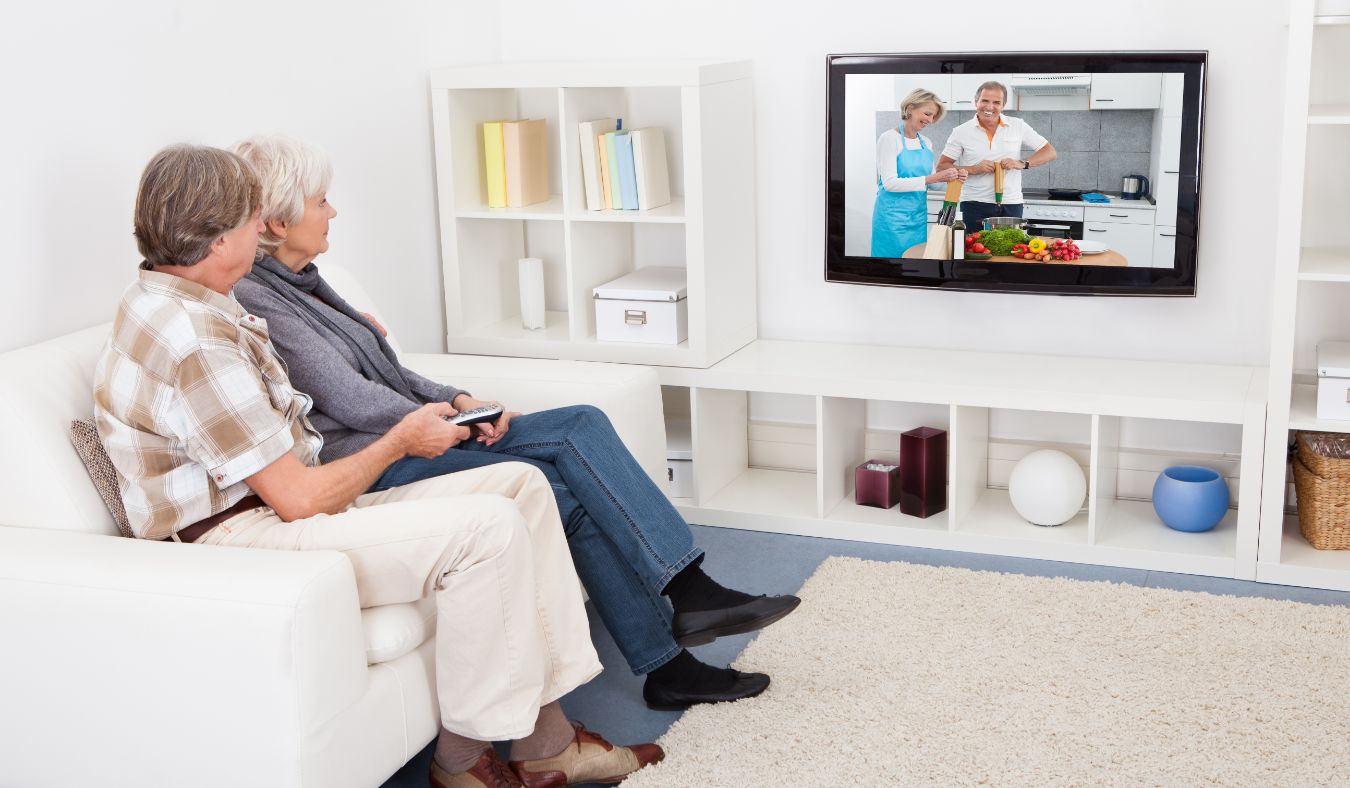Are you or your partner living with hearing loss? Navigating relationships can be challenging, especially when communication issues arise. In this article, we will explore the dynamics of relationships and the unique communication challenges faced by couples dealing with hearing loss. Let’s dive in and understand how to overcome these obstacles together.
Understanding Relationship Dynamics and Communication Challenges in Couples with Hearing Loss
The Impact of Hearing Loss on Relationships
Living with hearing loss can significantly impact your relationships, especially with your partner. Misunderstandings, frustration, and isolation can all stem from communication difficulties. It’s important to recognize the effects of hearing loss on relationships and work towards effective communication strategies.
Communication is key in any relationship, but it becomes even more crucial when one or both partners have hearing loss. Understanding the impact of hearing loss on relationships can help you navigate challenges and strengthen your bond with your partner.
How Hearing Loss Affects Communication
Hearing loss can affect communication in various ways. For individuals with hearing loss, understanding speech, especially in noisy environments or group settings, can be challenging. This can lead to feelings of frustration and isolation, as conversations may be misheard or misunderstood.
In relationships, communication breakdowns due to hearing loss can result in conflict, misunderstandings, and feelings of disconnect. It’s essential to address these challenges openly and work together to find solutions that work for both partners.
Strategies for Effective Communication
Communication strategies play a crucial role in maintaining healthy relationships, especially for couples dealing with hearing loss. By implementing effective communication techniques, you can enhance your connection with your partner and overcome the challenges posed by hearing loss.
Practice Active Listening
Active listening involves fully engaging in a conversation, focusing on your partner’s words, and providing feedback to ensure understanding. This technique is especially important for individuals with hearing loss, as it allows for clear communication and minimizes misunderstandings.
When practicing active listening, make an effort to maintain eye contact, minimize distractions, and ask for clarification if needed. By actively participating in conversations, you can strengthen your bond with your partner and improve communication in your relationship.
Use Visual Cues
Incorporating visual cues into your communication can help bridge the gap caused by hearing loss. Simple gestures, facial expressions, and body language can provide additional context and aid in understanding.
Consider using visual cues such as hand signals, writing down key points, or utilizing technology like captioned telephones to enhance communication with your partner. By utilizing visual cues, you can improve communication and ensure that both partners feel heard and understood.
Create a Communication Plan
Developing a communication plan with your partner can help establish guidelines for effective communication. Discuss preferred methods of communication, such as face-to-face conversations in quiet environments or utilizing text messages for quick exchanges.
By creating a communication plan tailored to your individual needs, you can enhance understanding, minimize frustration, and strengthen your relationship. Be open to adjustments and continue to communicate openly with your partner to address any challenges that may arise.
Seeking Support and Resources
Dealing with hearing loss in a relationship can be overwhelming, but it’s essential to seek support and access available resources to help navigate these challenges. There are various tools, services, and professionals that can assist you in improving communication and maintaining a healthy relationship.
Consult with an Audiologist
Audiologists are trained professionals who specialize in diagnosing and treating hearing loss. By consulting with an audiologist, you can receive a comprehensive evaluation of your hearing abilities and explore treatment options that best suit your needs.
Audiologists can also provide guidance on communication strategies, recommend assistive listening devices, and offer counseling services to address the emotional impact of hearing loss on relationships. Seeking support from an audiologist can help you and your partner better manage communication challenges and strengthen your relationship.
Join a Support Group
Support groups provide a valuable opportunity to connect with others who are facing similar challenges related to hearing loss. By joining a support group for individuals with hearing loss or couples dealing with communication issues, you can share experiences, gain insights, and receive support from others who understand your struggles.
Support groups can offer a sense of community, valuable resources, and emotional support to help you navigate the complexities of hearing loss in relationships. Consider exploring local support groups or online communities to connect with others and access helpful information and advice.
Utilize Assistive Listening Devices
Assistive listening devices are designed to improve hearing and enhance communication for individuals with hearing loss. These devices can include hearing aids, cochlear implants, amplified telephones, and personal listening systems that help facilitate clearer communication in various environments.
By utilizing assistive listening devices tailored to your specific needs, you and your partner can improve communication, reduce misunderstandings, and enhance your overall relationship. Consult with an audiologist to explore available options and find the best devices that suit your lifestyle and preferences.
Conclusion
Living with hearing loss can present unique challenges in relationships, but with effective communication strategies and support, couples can overcome these obstacles and strengthen their bond. By understanding the impact of hearing loss on relationships, practicing active listening, utilizing visual cues, creating a communication plan, seeking support, and accessing resources, you can navigate communication challenges with your partner successfully.
Remember that open communication, patience, and empathy are key components in maintaining a healthy relationship, especially when dealing with hearing loss. By working together, supporting each other, and seeking help when needed, you can enhance understanding, deepen your connection, and build a strong and resilient relationship despite hearing loss.



